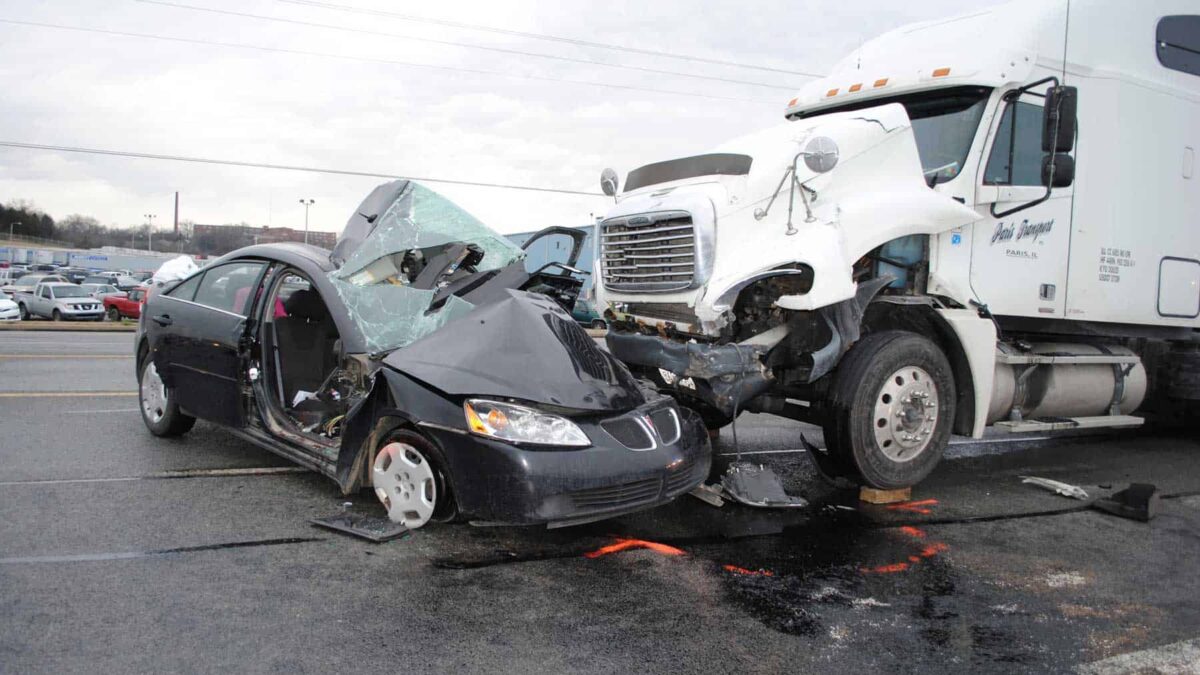
The Main Factors Behind Truck Accidents
Truck drivers and occupants of other cars involved in the collision may sustain severe injuries and property damage. In order to pursue the compensation you are entitled to if you or a loved one has been in a truck accident, it is crucial to understand the most frequent reasons for these accidents. You can find out more here on how to get help with your legal matters.
Here are typical reasons why trucks crash:
Truck drivers frequently put in long shifts and spend a lot of time behind the wheel, making them tired and slowing down their reflexes. Additionally, many truck drivers have sleep problems like sleep apnea, which can make them even more exhausted. A truck driver may be held accountable for any injuries or property damage if it is determined that they were overtired at the time of the collision.
- Driving carelessly or negligently may involve speeding, disobeying traffic regulations, and neglecting to keep the truck in good working order. Truck drivers may also participate in risky practices like distracted driving, which includes using a mobile phone or another electronic device while operating the vehicle.
- The truck’s actual state is as follows: To ensure they are running safely, trucks need to undergo routine maintenance and inspection. The trucking firm may be held accountable for any accidents if it is discovered that a truck was not properly maintained or given the requisite inspections.
- Poor weather or road conditions: Truck drivers may find it challenging to maintain control of their trucks, especially if they are traveling at high speeds. Truck drivers may also be at risk on badly paved roads with potholes and other dangers.
- Shifting cargo: Because trucks are transporting heavy loads, incorrect loading or a lack of cargo security may result in the load shifting, which may cause the vehicle to lose control and crash.
Tips for truck drivers to prevent collisions
- Drive at a speed that is acceptable and lawful.
If you are driving in poor weather or if other circumstances would make it safer to drive more slowly, you will need to modify your speed.
- Think ahead.
To ensure that you understand your route entirely, it is usually a good idea to review a map in advance and then compare it with the GPS.
- Make contact with the client.
Speak with the recipient or the delivery location manager. Call ahead, let them know when you expect delivery, and inquire whether there are any specific road hazards or any unusual circumstances that could impair your driving.
- Take note of the restrictions on driving time, and get enough rest.
A sleepy motorist is a risky driver. It is not an easy job; being effective is necessary to perform it properly. However, it is crucial to be effective without sacrificing your sleep schedule.

